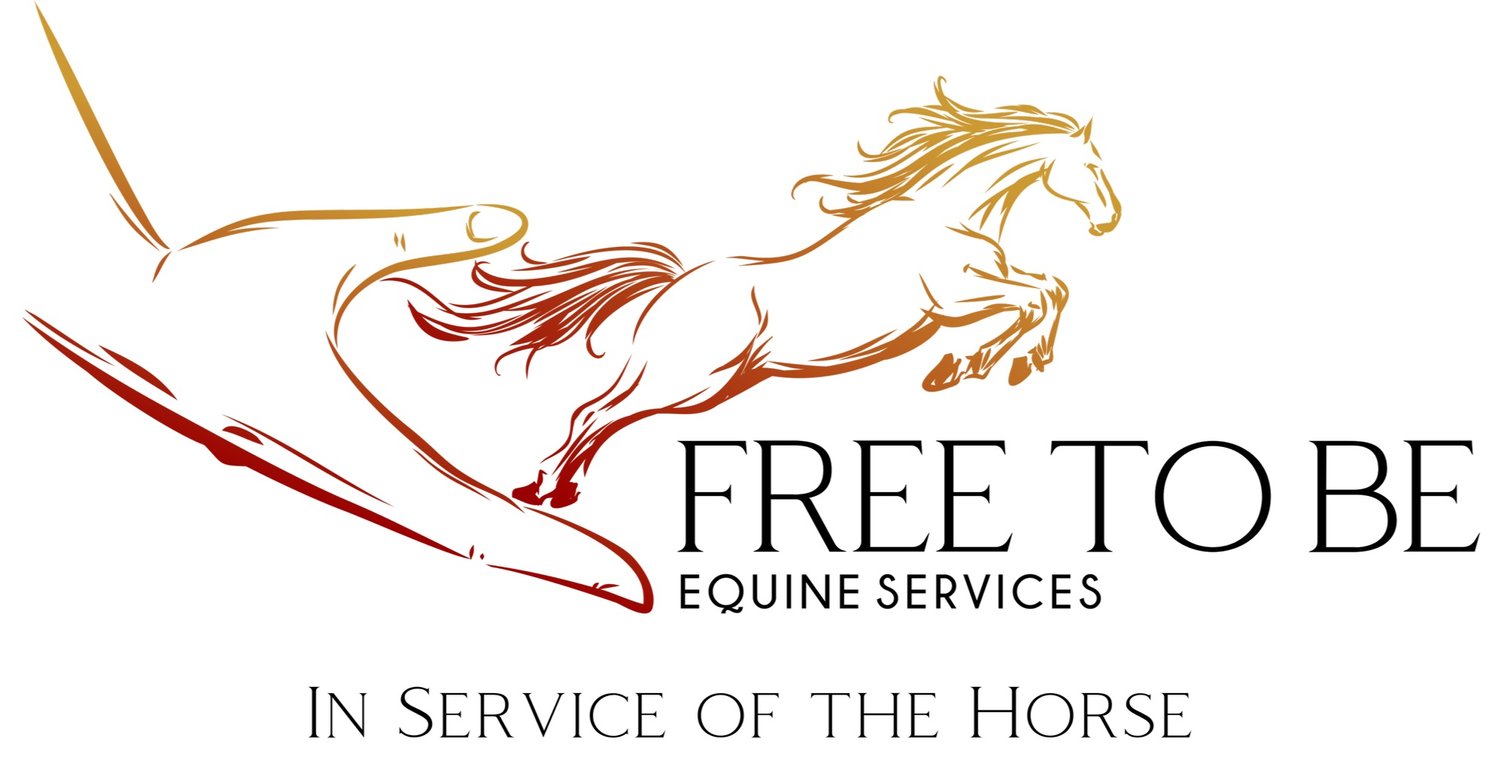This is an uncommon view of the cervical vertebrae as seen from above. We see this view all the time when riding our horses, but not often in an anatomical drawing. It really puts things into perspective!
That big flat vertebrae you see there - the atlas, or C1 - allows the horse to flex his head up and down. This is why people often refer to the atlas as the "yes joint". The poll is the area at the top of your horse’s head. The poll/atlas junction is the junction between the atlas and the occiput (the back of your horse’s skull).
One of the most common issues I run into when working with riding horses is tension and soreness in the poll junction. The poll area is made up of a complex arrangement of small muscles, but it is also an area where many large, important muscles in the rest of the body attach. As the poll is such a key point, a horse with a tight or sore poll will commonly compensate for it by restricting movement somewhere else in the body. This manifests in muscle soreness and restriction further down the muscle chain in the neck, shoulders, back, even in the pelvis. On the flip side, tension and soreness somewhere else in the body can manifest in the poll, due to the number of muscle and fascia connections running between them. That is why it's so important to work on the horse's body in it's entirety, even if the tension is presenting up front in the neck and poll. Horses are masters at compensation - it's instinctual for them to hide their weaknesses from predators.
If your horse has difficulty stepping through from behind, difficulty achieving or maintaining correct head and neck posture while ridden, heaviness in one rein over the other, bracing/leaning on the bit, resistance to bending, unwillingness to be haltered or bridled, head-shy behaviour, etc. - it would be worth your while to (gently!) palpate the poll and see if you can feel tension in the muscles. Your horse may be so tight there that he doesn't even want you to touch it! An equine therapist can relieve that tension in the poll and decipher what else is going on in the horse's body to have caused it.
Dental issues can also cause the same symptoms, and can cause poll soreness - so it is recommended to have horse's teeth checked by a veterinarian before you call your equine therapist. If the root of the problem is dental and your vet addresses it first, the equine therapist can work out the tension left behind and the bodywork will be considerably more effective long-term than not addressing the root cause!
Kaiti working out tension in TC’s poll junction.


